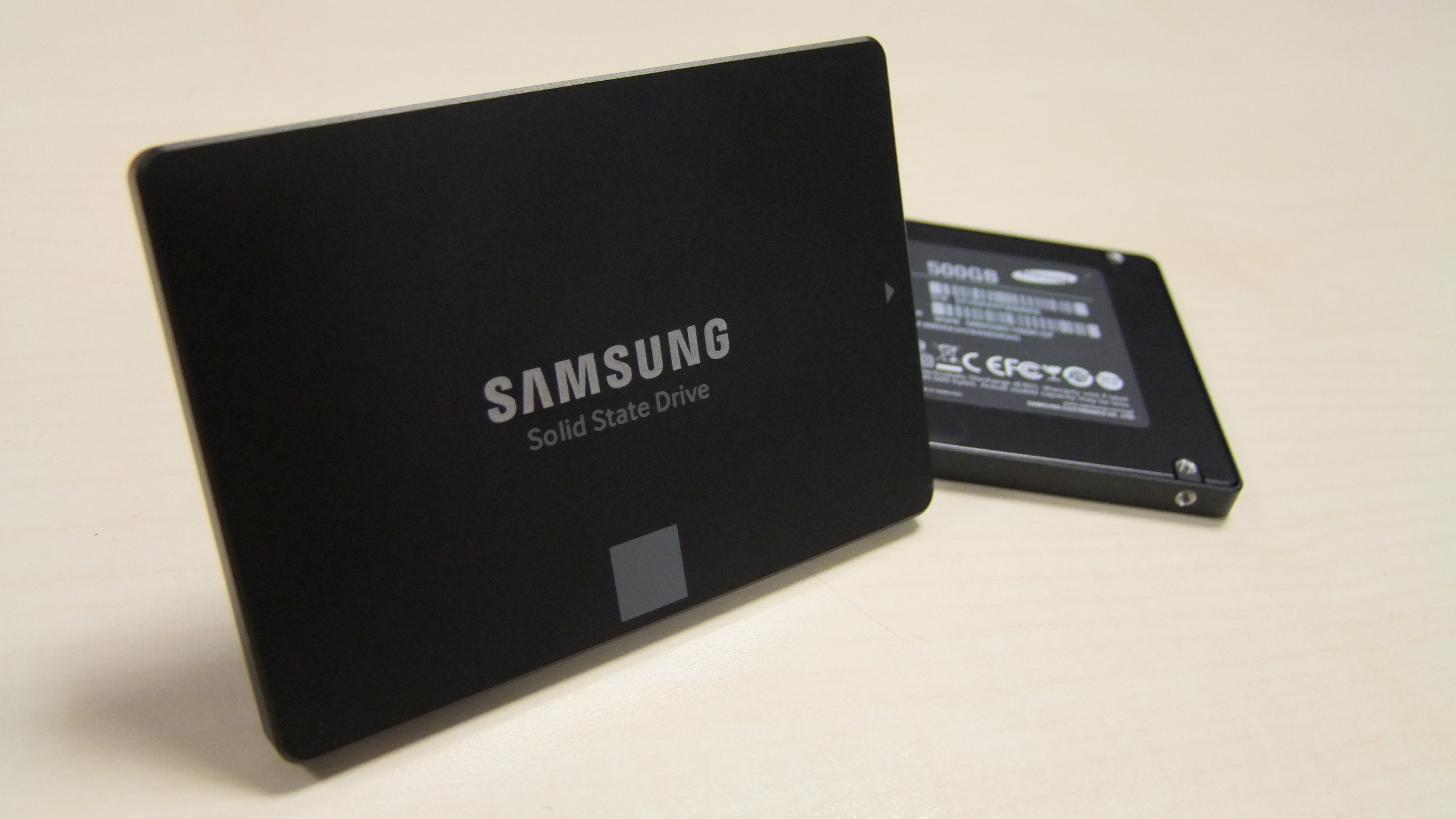Think your SSD will last forever? Google has some answers on that
Google's research turned up a couple of much unexpected discoveries

Sign up for breaking news, reviews, opinion, top tech deals, and more.
You are now subscribed
Your newsletter sign-up was successful
The jostling between SSDs and spinning hard disks is an ongoing process, and some new research from Google has thrown light on the reliability of solid-state drives both in general terms, and compared to traditional HDDs.
The new report, entitled 'Flash Reliability in Production: The Expected and the Unexpected', certainly made some interesting discoveries in terms of the latter.
The study, which used 10 different models of drives from Google's many data centres over "many millions of drive days", turned up one definitely unexpected nugget – that the age of the drive, rather than the amount of usage it had seen, was the factor which correlated with high error rates.
In other words, heavy usage and wearing flash out isn't such a problem with today's SSDs, and their failure is more based upon how long they've been in service for. Good news for users or businesses with heavier workloads...
SLC disappointment
Google's researchers (Raghav Lagisetty and Arif Merchant – who worked in conjunction with Bianca Schroeder of the University of Toronto) also found there was no evidence that higher-end SLC drives were more reliable than MLC drives (within a typical SSD lifespan).
While SLC drives did perform much better in terms of having far lower RBER (raw bit error rates), the paper observed that RBER wasn't a good metric for failures which were of the most practical concern, and it stated: "SLC drives do not perform better for those measures of reliability that matter most in practice." SLC drives don't have lower repair or replacement rates, quite simply.
The study also found that compared to traditional spinning disks, SSDs did benefit from a "significantly" lower replacement rate. For hard disks, the annual replacement rates have been pegged at 2 to 9%, and that compares to 4 to 10% of flash drives over a far longer four-year period.
Sign up to the TechRadar Pro newsletter to get all the top news, opinion, features and guidance your business needs to succeed!
However, on the flipside, SSDs experienced a considerably higher rate of uncorrectable errors. Over 20% of flash drives develop uncorrectable errors over a four-year period, and 30 to 80% develop bad blocks. Previous HDD research indicated that only 3.5% of disks were blighted by bad sectors over a 32 month period.
Via: Hexus
Darren is a freelancer writing news and features for TechRadar (and occasionally T3) across a broad range of computing topics including CPUs, GPUs, various other hardware, VPNs, antivirus and more. He has written about tech for the best part of three decades, and writes books in his spare time (his debut novel - 'I Know What You Did Last Supper' - was published by Hachette UK in 2013).